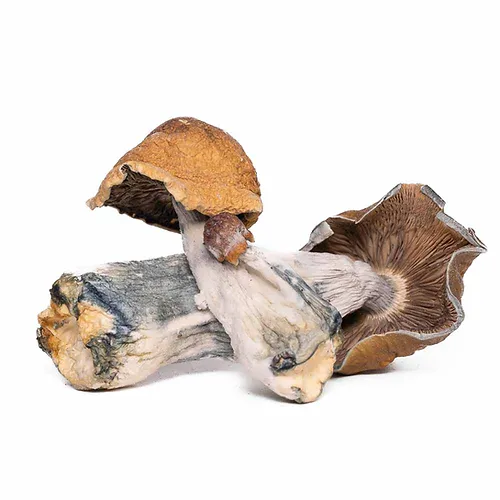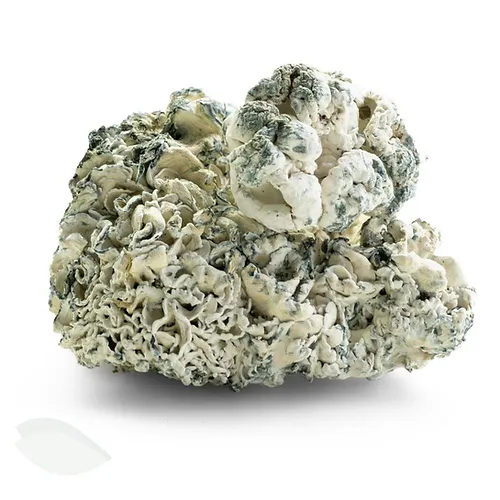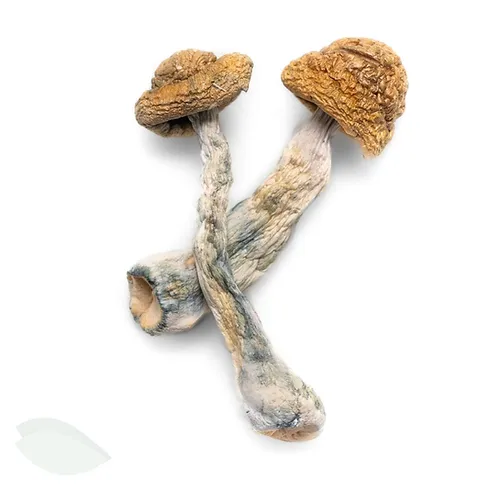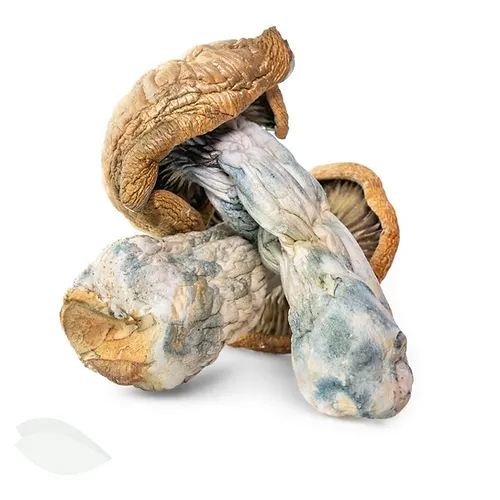A Guide to Microdosing Psilocybin for Major Depression for Women
For many women, major depression is a relentless reality where traditional treatments like antidepressants and therapy may not always provide the relief they hope for. Enter microdosing psilocybin: an alternative approach to mental health that’s quickly gaining traction as a revolutionary way to manage depression. While the idea of using psychedelics to treat mental health disorders might seem unconventional to some, more women are turning to this natural, mind-expanding method to seek relief from the emotional and physical toll of depression.
For me, the discovery of psilocybin microdosing came after years of trying various medications that just didn’t work. The side effects, the ups and downs—it all felt like an exhausting cycle. But after hearing the stories of other women who had found success with psilocybin, I was intrigued. The idea that a natural, plant-derived substance could help lift the fog that clouded my thoughts and emotions was both exciting and daunting. Could this really work? The more I researched, the more convinced I became that this was something worth trying, and the results were beyond anything I had expected.
In this guide, we’ll get into the growing trend of microdosing psilocybin for major depression, particularly among women. We’ll explore the science behind it, share personal stories of transformation, and provide insights into how this once-taboo practice is reshaping the mental health landscape. If you’re curious about how microdosing might change your life, this article is your starting point.

More Than Just a Bad Day… Major Depression in Women and How Psilocybin Microdosing Can Help
Depression is more than just a bad day—it’s a deep, often overwhelming struggle that impacts millions of women worldwide. For many, it manifests not just in emotional despair but also in physical symptoms, such as chronic fatigue, headaches, and changes in appetite. Major depression is a condition that doesn’t just go away with time or positivity. It can drain the joy from life, making even the simplest tasks feel insurmountable. For women, this experience is compounded by unique challenges, including hormonal fluctuations, gender-based societal pressures, and life stages like pregnancy, childbirth, or menopause.
Hormonal changes, such as those that occur during the menstrual cycle, pregnancy, and menopause, have a significant impact on mood regulation. These fluctuations can exacerbate feelings of sadness, irritability, and anxiety. This is particularly true for women experiencing postpartum depression or perimenopausal mood changes. While traditional treatments like antidepressants or therapy are commonly prescribed, they don’t always address the unique physiological and emotional components that women face. This is where microdosing psilocybin offers new possibilities. It provides not only a break from the monotony of traditional treatments but also an option that works in harmony with the brain’s natural chemistry.
Additionally, women are often expected to balance multiple roles—caretakers, professionals, and emotional pillars in their families—leading to increased levels of stress. Society has historically downplayed women’s mental health struggles, often labeling them as mood swings or hormonal imbalances, without acknowledging the depth of their emotional experiences. The stigma associated with seeking help for mental health issues can deter women from reaching out for traditional treatment, leaving many to silently endure their depression.
For women who have tried conventional antidepressants and found them lacking, microdosing psilocybin presents a compelling alternative. Unlike antidepressants, which can take weeks to show effects and often come with unpleasant side effects like weight gain, emotional numbness, or sexual dysfunction, microdosing offers a gentler approach. Women report that psilocybin’s impact is gradual but noticeable—a subtle shift in perception that allows them to experience the world in a lighter, more positive way. Many have described it as a gentle push toward clarity, means of stepping out of the darkness without feeling overwhelmed or emotionally dulled.
Moreover, the fact that psilocybin is a natural compound—derived from mushrooms—appeals to those seeking more holistic approaches to healing. Women who have felt disconnected from their emotional and mental well-being due to pharmaceuticals may find that microdosing allows them to reconnect with themselves in a more authentic way. It’s not just about suppressing the symptoms of depression; it’s about fostering a deeper understanding of their own emotions and finding a sustainable path forward.
It’s also worth noting the empowering aspect of microdosing for women. Many have shared that taking charge of their mental health through psilocybin has helped them regain a sense of control that was lost in the fog of depression. Microdosing offers the possibility of self-care that feels both effective and personal, giving women the agency to address their mental health on their own terms. The combination of emotional clarity, reduced anxiety, and the ability to function in daily life without significant impairment makes it a valuable tool for women dealing with major depression.
Ultimately, microdosing psilocybin for women with major depression is about more than just improving mood—it’s about reclaiming a sense of self, finding balance, and living with a renewed sense of purpose and vitality.
Check out this Magic Mushrooms Available in Psychedelicstore.org
- All
- Order mushrooms online




Small Doses, Big Changes – Treating Major Depression for Women With Psilocybin Microdosing
At its core, microdosing involves taking very small, sub-hallucinogenic doses of psilocybin—typically derived from magic mushrooms. These tiny doses are low enough that the person doesn’t experience a “trip” or hallucinations, but they are high enough to impact brain chemistry and mood. This is where the magic happens, allowing users to experience the benefits of psilocybin without the intensity that comes with a full psychedelic trip.
For many women, microdosing psilocybin leads to enhanced emotional balance, increased focus, improved creativity, and better overall mental health. It’s like taking a mental and emotional vitamin that subtly, but profoundly, changes the way the brain processes stress and negative emotions. Microdosing works by affecting the brain’s serotonin receptors, which are involved in regulating mood and emotions. As serotonin levels increase, many women report feeling less overwhelmed by their depression and more capable of handling life’s challenges.
The stories of women whose lives have been changed through microdosing are inspiring. Take, for example, Rachel, a working mother of two who struggled with depression for years. She found traditional treatments ineffective and was hesitant to take antidepressants due to the side effects. After trying microdosing, she noticed a shift in her mental clarity and emotional resilience. “It’s not like I woke up one day and was suddenly cured,” she says, “but over time, I started to feel like myself again. The heaviness lifted, and I felt more in control of my life.”

Science Class – Psilocybin and Depression: The Brain’s Best Friend
When it comes to depression, the brain is often in a state of imbalance. Neurotransmitters like serotonin and dopamine, which help regulate mood, may be lacking or not functioning properly. Psilocybin, the active compound in magic mushrooms, has been shown to stimulate the serotonin receptors in the brain, promoting a sense of well-being and emotional equilibrium.
Recent research has shown that psilocybin can help “rewire” the brain by promoting neuroplasticity, the brain’s ability to form new neural connections. This is crucial for individuals with depression, as it allows the brain to break free from old, negative thought patterns and adopt more positive ones. Psilocybin’s effect on the brain goes beyond just boosting mood; it encourages a deep, introspective experience that helps individuals understand the root of their emotional struggles.
One groundbreaking study, led by Zach Walsh, Ph.D., found that microdosing psilocybin resulted in consistent mood improvements among participants, especially women. These women reported feeling more in tune with their emotions, less anxious, and better able to cope with the stresses of daily life. The research highlights the potential of psilocybin as a tool for women to manage major depression in a way that traditional antidepressants may not be able to achieve. As we continue to explore psilocybin’s potential, it’s clear that this ancient remedy could play a significant role in the future of mental health treatments for women.

Personal Journeys: Life-Changing Experiences with Microdosing Psilocybin for Major Depression in Women
Kicking Depression’s Butt
Here are some personal stories of women that I want to share with you who have used microdosing to overcome major depression.
Take Laura A, 34, a graphic designer from Mississauga. She shared her story with us via email, detailing her journey with major depression and how microdosing psilocybin changed her life. Laura recounted years of feeling trapped in a cycle of ineffective treatments, until she discovered microdosing. “It was as if a fog lifted,” she wrote, describing the newfound clarity and emotional balance she experienced. Her story highlights the potential of this approach to help women regain control over their mental health.
Another powerful story comes from Megan H, a woman in her 40s from Calgary, who had been on antidepressants for years with little success. After starting a microdosing regimen, she found that not only did her depression lift, but she also experienced a renewed sense of purpose and creativity. “I was stuck in a rut for so long,” Megan says. “Microdosing gave me the clarity I needed to start working on my art again. It was like the fog finally cleared.”
Navigating the Bumps
Of course, microdosing isn’t a magic bullet, and the journey to mental wellness isn’t always smooth. Many women have faced challenges along the way, from finding the right dosage to managing the emotional highs and lows that can come with the experience. It’s important to approach microdosing with patience and care, understanding that while it can be incredibly effective, it’s not a quick fix.
For some women, the initial stages of microdosing can bring up unresolved emotions or past traumas, which can be difficult to process. But with the right support, whether through therapy or a supportive community, these challenges can become opportunities for growth. As Sarah, a microdosing advocate, puts it: “Microdosing isn’t about escaping your problems. It’s about facing them head-on and finding the strength to overcome them.”

Moms Microdosing for Stress Relief: Psilocybin as a Solution for Major Depression
For moms, the stress of parenting combined with the challenges of depression can be overwhelming. In places like Colorado, where psilocybin has been decriminalized, more mothers are turning to microdosing as a way to manage the emotional rollercoaster that comes with raising children while battling mental health issues. These women report feeling more patient, balanced, and in control of their emotions, allowing them to be more present and engaged with their families.
For example, Emily J, a stay-at-home mom of three from Quebec, began microdosing after years of feeling disconnected from her children due to depression. “I was constantly overwhelmed and irritable,” she says. “But after I started microdosing, I noticed a shift. I felt more grounded, more patient, and I could really enjoy time with my kids again.” For many mothers, microdosing offers a natural alternative to antidepressants, allowing them to feel more in tune with their emotions and better equipped to handle the demands of motherhood.

Combining Microdosing Psilocybin for Major Depression in Women with Other Wellness Practices
Microdosing psilocybin can be even more effective when combined with other wellness practices, such as yoga, mindfulness, and meditation. Many women have found that integrating these practices into their microdosing routine helps to enhance the benefits of psilocybin, creating a more holistic approach to mental health.
Yoga, for example, can help women connect with their bodies and release stored emotional tension, while mindfulness practices can help them stay grounded in the present moment, reducing anxiety and negative thought patterns. For women like Julia, combining microdosing with meditation has been amazing. “It’s not just the psilocybin that’s helped,” she says. “It’s the combination of microdosing and mindfulness that’s allowed me to feel more connected to myself and my emotions.”
